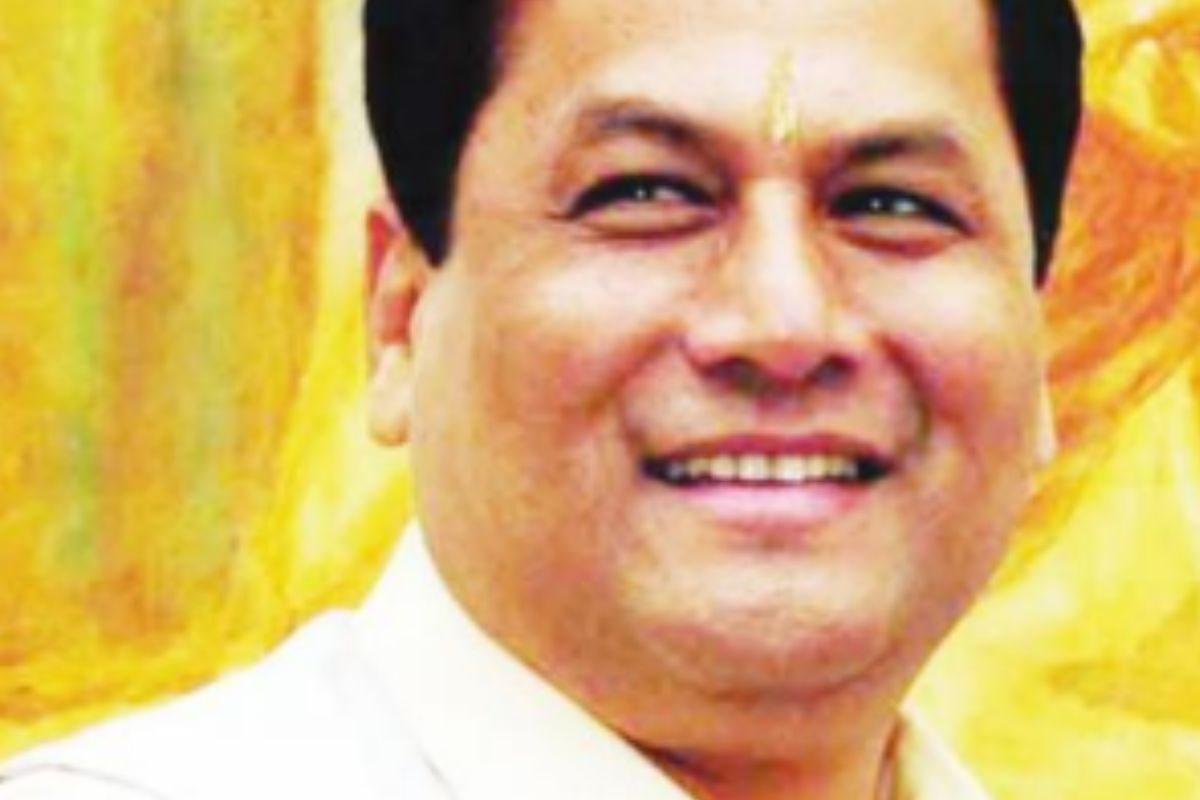Lovely dismisses speculations about contesting Lok Sabha polls on BJP ticket
After his resignation, AAP leader Saurabh Bharadwaj had asked if the BJP is changing its East Delhi candidate, apparently suggesting the seat may go to Lovely.

Union Minister of Ayush and Ports, Shipping & Waterways, Sarbananda Sonowal
Sarbananda Sonowal is Union Minister of Ayush and Ports, Shipping & Waterways and is a member of the Rajya Sabha representing Assam since 2021. He was the 14th Chief Minister of Assam from 2016 to 2021. Sonowal, born on October 31, 1962, is a prominent politician of the Bharatiya Janata Party (BJP). He is also a member of the cabinet committee on political affairs since 2021. In an interview with Nikhil Vyas, Sonowal talks about the Ministry of Ayush and the role of Yoga in healthcare.
Q: What has Ayush achieved in the last nine years, since it became a full-fledged functional Ministry of the Government of India?
A: The transformation that has happened in the Ayush sector is due to the strong support of Prime Minister Narendra Modi and it is driven by his far sighted vision. WHO-GCTM is being established at Jamnagar, Gujarat. It would emerge as a centre of global wellness which will promote the development of medicines and research related to traditional medicine. Efforts and guidance from the Prime Minister resulted in June 21 being declared as International Day of Yoga by the United Nations General Assembly. This has transformed into a mass movement across the globe.
Advertisement
One of the important achievements in the last nine years has been on growing research, which seems to have changed since the formation of the Ministry of Ayush. If we compare research and clinical trials published per year before 2014, it reveals that the publication of research studies increased by about six times and clinical trials by about 11 times. We have undertaken several R&D initiatives to harness the potential of Ayush systems during the Covid-19 pandemic and are continuing with it.
Establishment of Pharmacopoeia Commission for Indian Medicine & Homoeopathy (PCIM&H) in 2020 is aimed at optimising the use of infrastructural facilities, technical manpower and financial resources of the three organisations for enhancing the standardisation outcomes of Ayurveda, Siddha, Unani and Homoeopathy drugs towards their effective regulation and quality control. To promote entrepreneurship leveraging academic knowledge, the All India Institute of Ayurveda (AIIA) has set up an Incubation and Innovation Centre in its campus to nucleate a cluster of new age ventures.
Q: Envisioning the future, both within India and globally, what are your insights on the role of Yoga in healthcare?
A: Prime Minister Modi has been instrumental in the growth of traditional medicine systems globally. This has also helped in growth of Medical Value Travel (MVT) in India, which is now aligned to the “Heal in India and Heal by India” initiative of the government. Yoga’s integration into MVT offerings will enhance India’s attractiveness as a destination for MVT and provide patients with a comprehensive and enriching healthcare experience. This approach will be further strengthened as scientific research enables researchers to explore the physiological, psychological, and therapeutic mechanisms underlying the benefits of yoga.
Q: What is the role of Yoga in combating specific mental health issues, such as anxiety and depression?
A: Yoga incorporates various techniques, including deep breathing exercises (pranayama), meditation, and gentle movements, which help activate the body’s relaxation response. These practices can calm the nervous system, reduce the production of stress hormones like cortisol, and decrease anxiety symptoms.
Chronic stress often contributes to anxiety and depression. Yoga offers a comprehensive approach to stress management by combining physical postures, breathing exercises, and meditation. The physical aspect of yoga helps release muscle tension and accumulated stress in the body, while the breathing techniques and meditation promote mental relaxation and a sense of calm.
It is important to note that while yoga can be a valuable adjunctive therapy for anxiety and depression, it should be used along with professional mental health consultations or a qualified yoga instructor who has experience working with individuals with mental health concerns to develop a personalised practice that suits your needs.
Q: There is a lot of emphasis on mainstreaming integrated medicine, what steps have been taken?
A: Under the Prime Minister’s vision, the Ministry has taken various policy initiatives aimed to promote the integration of yoga into mainstream healthcare, raise awareness about its benefits, ensure quality standards, and facilitate research and collaboration between traditional and modern medical systems. The central government is planning to set up a separate wing for integrative medicine, an approach that combines conventional medicine with traditional treatments, in all the medical colleges and hospitals across India.
Exploration of promising leads in Ayush research can indeed play a significant role in addressing various healthcare needs and challenges. This can be done only by fostering collaboration and adopting a multidisciplinary approach leading to the development of cost-effective, safe, and holistic healthcare solutions that contribute to achieving Universal Health Coverage.
Advertisement